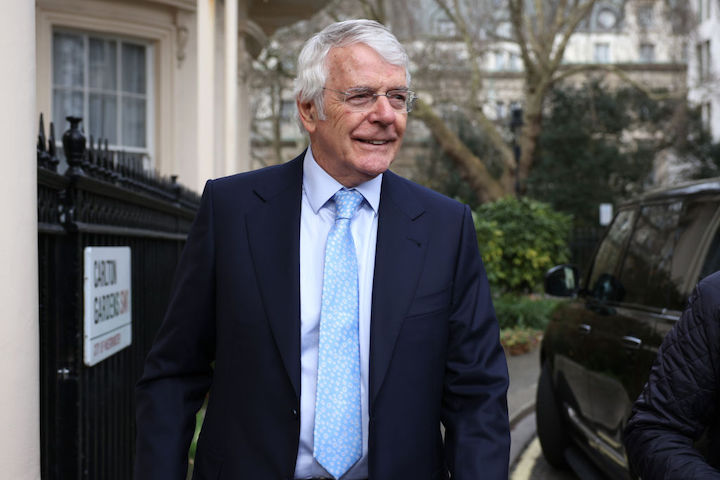Rishi Sunak’s government is sometimes compared to that of John Major, the man who succeeded Margaret Thatcher in 1990, went on to win an unexpected election in 1992 – and then went down after a landslide defeat at the hands of Tony Blair’s New Labour in 1997.
On an episode of The Rest Is Politics, a podcast hosted by former Tory MP Rory Stewart and Alastair Campbell, Blair’s media chief and an architect of New Labour, Sir John, now 80, looked back at his seven years in power.
Already a subscriber? Log in
Subscribe for just $2 a week
Try a month of The Spectator Australia absolutely free and without commitment. Not only that but – if you choose to continue – you’ll pay just $2 a week for your first year.
- Unlimited access to spectator.com.au and app
- The weekly edition on the Spectator Australia app
- Spectator podcasts and newsletters
- Full access to spectator.co.uk
Or




















Comments
Don't miss out
Join the conversation with other Spectator Australia readers. Subscribe to leave a comment.
SUBSCRIBEAlready a subscriber? Log in